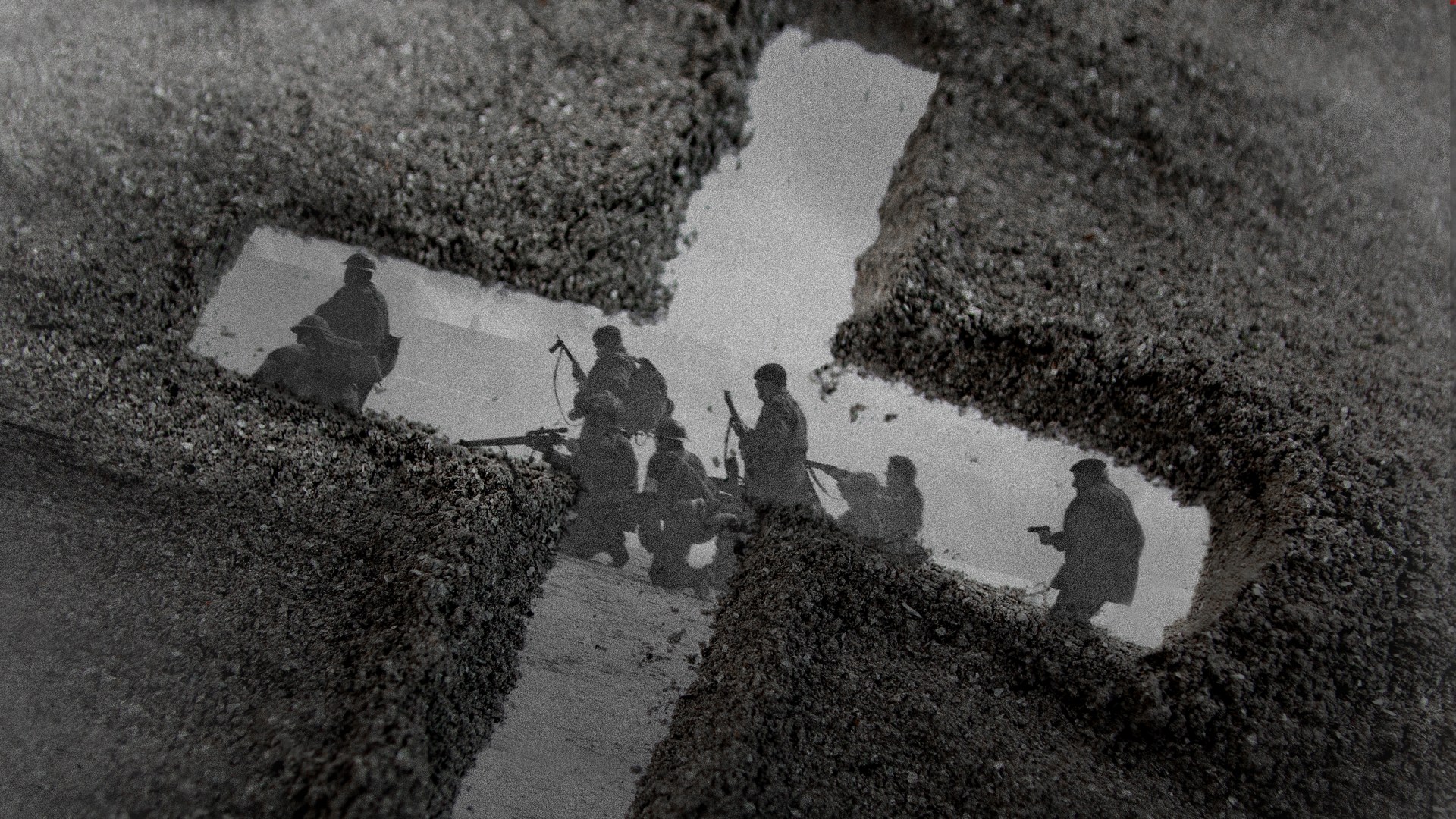This piece was adapted from Russell Moore’s newsletter. Subscribe here.
Early in the Russian invasion of Ukraine, some longtime observers of Vladimir Putin speculated that he might soon use what he did before: mobile crematoriums.
These incinerators aren’t for the combatants killed on the other side but for the bodies of Putin’s own troops. Such ghoulish machines would be employed to hide the number of fatalities to avoid humiliation abroad and loss of support at home.
Regardless of whether these experts’ predictions are right, Putin’s impulse is to hide what his invasion will bring for Russian armies: death.
As Christians around the world mark Ash Wednesday, perhaps we can remember that the Christian way of death is opposite of this invading tyrant’s. For both Christians who observe the church calendar and those who don’t, this Ash Wednesday may be especially poignant this year.
Many of us are only just now catching our breath after two years of a pandemic that has killed countless people and upended the lives of everyone who survived it. And on all our television screens and social media feeds are images of brave Ukrainians holding their own against those invading their homes and communities.
In the backdrop of all this are possibilities we almost dare not even mention: a war spreading all across Europe or even, given the evident instability of the Russian dictator, the prospect of nuclear war.
Putin operates out of what intelligence services and diplomats tell us is a nostalgia for the old superpower days of the Soviet Union. To do this, he projects an image—the shirtless warrior riding a horse, for example. The last thing he wants the world to see is the corpses of Russian soldiers. Such would suggest weakness.
The Ukrainians, led by President Volodymyr Zelensky, seem to want the world and their own countrymen to see the opposite: a vulnerable people who are willing to die with honor—and who are in desperate need of help.
Putin’s denial of death is not uncommon in the history of the world, especially in tyrants with delusions of empire. The pyramids of the pharaohs tried to present rulers who could, in some ways, transcend death. So did the images that other emperors employed of their own immortality or even godhood.
To the prince of Tyre, God delivered an oracle through the prophet Ezekiel: “Will you then say, ‘I am a god,’ in the presence of those who kill you? You will be but a mortal, not a god, in the hands of those who slay you” (Ezek. 28:9).
The fallen human view of ultimate power wants to project two things: I can hurt you, and I cannot be hurt. One would be hard pressed to find a better symbol of both projections than the cross of the Roman Empire. Every crucifixion represented a threat—this can happen to our enemies—all from an Eternal City aspiring to godhood.
Jesus upended all of that.
Ash Wednesday is appropriate for wartime because it points to a deeper, and even more dangerous, war. The Bible says the human condition wants to conquer death, but not in the way God intends, through the dependence that comes from eating from the Tree of Life.
Instead, we have listened to a different voice telling us, “You will not certainly die” if only we eat at his direction, in order to become invulnerable, to become “like God” ourselves (Gen. 3:1–6). At the end of that is ashes.
We became subject, the Bible says, to lifelong slavery to “him who holds the power of death—that is, the devil” (Heb. 2:14). The power the evil one has held over us is “fear of death” v. 15). The more we fear death, the more we clamor for the kind of power and glory we can display to forget that we are but dust and to dust we will return.
The gospel answers that slavery to fear not by a display of carnal strength but by the One who was “crowned with glory and honor” through experiencing the very thing we dread most: the suffering of death (Heb. 2:9). The answer to our slavery to fear is what seems to be shameful to a world that loves power: the cry of a desperate infant, “Abba, Father!” (Rom. 8:15).
This Ash Wednesday, Christians all over the world are standing with the people of Ukraine. Various church communions have planned vigils and calls to prayer. And we do so not because Ukraine is the more powerful nation or because we admire their strength in some social Darwinist way.
The church prays with Ukraine because their cause is just and because they, like we, are vulnerable and imperiled, and they know it.
Ash Wednesday is about remembering that we will die, and that’s important. We are told to “number our days” (Ps. 90:12) and to remember that life is a vapor soon to vanish (James 4:14).
But it is also about how we died. Joined to Christ, we have died with him—in the most humiliating and shameful way possible. The way to glory is not the way of Rome, of Russia, or of our own desire to exalt or protect ourselves. The way to glory is the way of the cross.
In wartime, dictators should remember that, win or lose, they will die and that there will be no invading or conquering the kingdom of God. At Ash Wednesday—and all year round—we should remember this too.
Russell Moore leads the Public Theology Project at Christianity Today.










